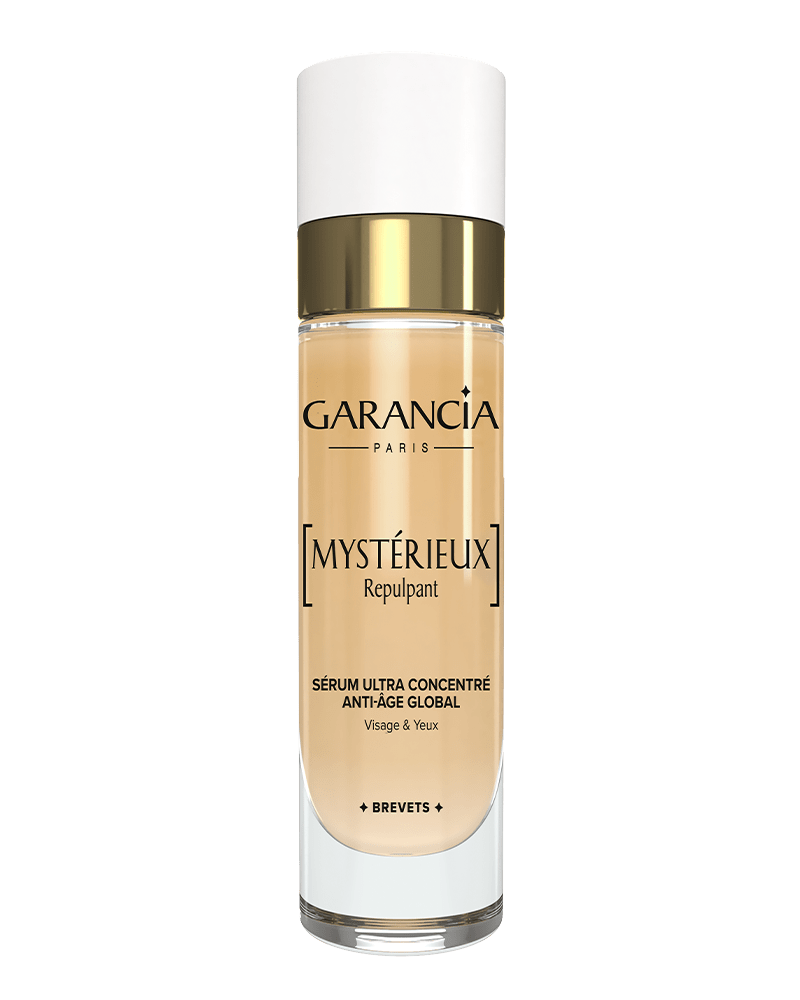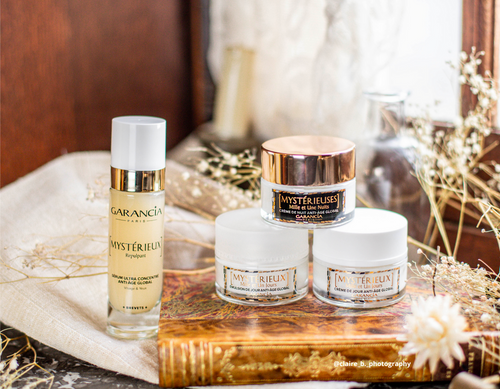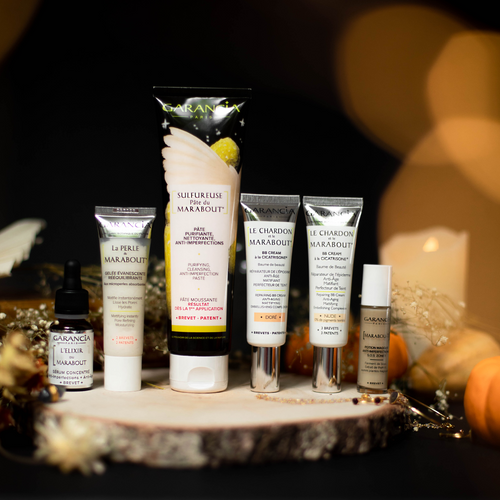Well-hydrated skin is the key to a healthy and radiant appearance. Dehydrated skin can not only cause discomfort, but also lead to skin problems such as dryness, flaking, and even the early appearance of signs of aging. In this article, we advise you on how to take care of your skin by providing it with the hydration it needs.
Why do you need to moisturize your skin?
Well-hydrated skin plays a vital role in our appearance, comfort, and health. Here’s why it’s important to maintain good skin hydration:
- Maintain water balance: The skin is the largest organ in the body and plays a crucial role in regulating body hydration. Skin hydration helps maintain this water balance, which is essential for the proper functioning of our body;
- Prevent dry skin: Moisturizing your skin prevents dryness, which can lead to discomfort, itching and tightness. Dry skin is also more prone to irritation and redness;
- Delay skin aging: Well-hydrated skin tends to show fewer signs of aging. It appears more supple, smoother and less prone to fine lines and wrinkles;
- Protect against external aggressions: well-hydrated skin has a more robust skin barrier that can better resist external aggressions, such as pollution, wind, cold and UV rays;
- Promote healing: When skin is hydrated, it tends to heal faster in the event of an injury, burn or cut.
How to know your skin type?

Knowing your skin type is an essential step in choosing the right skincare products and taking care of your skin effectively.
To determine your skin type, start by observing your skin after cleansing. Wash your face gently with lukewarm water and a mild cleanser and do not apply any products to your face. Wait about an hour, then observe how your skin behaves:
- If your skin feels tight, taut, or shows signs of flaking, you probably have dry skin;
- If your skin appears comfortable and problem-free, you probably have normal skin;
- If your skin is shiny or has oily areas, especially in the T-zone (forehead, nose, chin), you probably have oily skin;
- If your skin is oily in some areas and dry in others, you probably have combination skin;
- If your skin is prone to redness, irritation, or feelings of warmth, you probably have sensitive skin.
Finally, when trying new skincare products, such as moisturizer , start with gentle formulas and see how your skin reacts. Sensitive skin will react more easily to products by showing redness, irritation, or itching.
Tip #1: Drink enough water
Drinking enough water is a fundamental step in maintaining healthy, well-hydrated skin. In fact, internal hydration plays a crucial role in the appearance and health of your skin, as it is the last organ to receive the water you drink. By consuming an adequate amount of water, you ensure that your body maintains an appropriate level of hydration. This allows your skin to remain supple and elastic.
Additionally, adequate hydration promotes blood circulation, providing your skin with essential nutrients and oxygen, which promotes better cell regeneration and healthier skin.
Water also plays a crucial role in flushing out toxins from your body. By removing waste and impurities, water helps maintain skin clarity and prevent breakouts.
Finally, be aware that dehydration can accentuate the appearance of dark circles and bags under the eyes, so drinking enough water can help alleviate these problems.
Tip #2: Use a gentle cleanser
Using a gentle cleanser is an essential step in your skin care routine. Choosing the right cleanser for your skin type is crucial to maintaining clean skin without causing dryness or irritation.
Before switching to a new cleanser, do a patch test by applying a small amount to your skin for a few days to check that it doesn't cause irritation.
In general, it is recommended to cleanse your face twice a day, in the morning and at night. However, if you have very dry skin, you might consider cleansing it only at night.
Dry skin
Opt for a gentle, hydrating cleanser. Look for products with ingredients like hyaluronic acid or glycerin to lock in moisture.
Avoid cleansers that contain sulfates, as they can further dry out the skin.
Normal skin
You're in luck, because many types of cleansers are suitable for normal skin. Opt for a gentle cleanser that doesn't contain potentially irritating ingredients.
Oily skin
Choose a cleanser specifically for oily skin. Look for formulations with salicylic acid, glycolic acid, or activated charcoal to help control excess oil.
Avoid oil-based cleansers as they may increase sebum production.
Sensitive skin
Choose a cleanser specifically designed for sensitive skin, preferably without fragrance or dyes.
Choose pH-balanced cleansers that don't damage the skin barrier.
Tip #3: Choose the right moisturizer
Choosing the right moisturizer is essential to maintaining well-hydrated and healthy skin.
If you have dry skin, opt for a rich, thick moisturizer. Look for products that contain ingredients like hyaluronic acid, glycerin, ceramides, and natural oils (like argan or sweet almond oil).
Moisturizers with shea butter or cocoa butter are also beneficial for deeply nourishing dry skin.
A light lotion or non-comedogenic moisturizer is usually sufficient for normal skin.
Look for products that contain antioxidants such as vitamin C to help maintain skin health.
For oily skin, choose a lightweight, oil-free, non-comedogenic moisturizer to avoid aggravating excess sebum.
Look for formulations with gentle exfoliating acids like salicylic acid or succinic acid to control oil production and prevent blemishes.
For combination skin, use a light moisturizer on normal or oily areas of the face and a richer cream on dry areas.
Gel moisturizers can be a great option for maintaining hydration without adding extra weight to the skin.
Finally, if you have sensitive skin, choose a moisturizer specifically formulated for sensitive skin, without fragrance or dyes.
Choose hypoallergenic and non-irritating products to soothe the skin and strengthen its protective barrier.
Tip #4: Use sun protection
Using a sunscreen is essential not only to protect your skin from the harmful effects of UV rays, but also to prevent skin dehydration.
In fact, prolonged exposure to the sun can cause the skin to lose moisture. UVB and UVA rays damage the skin barrier, causing increased evaporation of water from the skin. Therefore, using sunscreen helps maintain this moisture by creating a protective barrier against the sun's harmful rays.
Please note that regular application of sun protection should be part of your daily skin care routine, even on cloudy days.
How to properly hydrate your skin with care from Laboratoire Garancia?
Laboratoire Garancia offers unique formulas designed to meet the specific needs of different skin types, whether you have combination, dry, sensitive or other skin. You can therefore select products according to your skin type for tailor-made hydration.
For optimal hydration and nutrition, the Garancia facial care ritual from the Mystérieuse range can be a great option. This range includes products such as Mystérieux Repulpant, Mystérieux Mille et Un Jours, Mystérieux Mille et Un Jours Emulsion, and Mystérieuses Mille et Une Nuits, offering a global anti-aging action for healthier skin.
Once or twice a week, depending on your skin's needs, incorporate a Garancia facial scrub into your routine. This will help remove dead cells from the surface of the skin, revealing a brighter complexion and promoting better absorption of moisturizers.
Complete your beauty routine by applying a soothing face mask like the Sorcerers' Masked Ball from time to time. This will help soothe your skin, deeply nourish it and give it a revitalized appearance.
Photo credit: @claire_b._photography


![Laboratoire Garancia Anti-Âge & Anti-Rides [ MYSTÉRIEUX Repulpant ]](http://garancia-beauty.com/cdn/shop/files/MYST_REPULPANT_2.webp?v=1688479649&width=800)
![Laboratoire Garancia Masque visage [ Bal MASQUÉ des Sorciers ] NOURRISSANT, APAISANT, PRÉVENTIF](http://garancia-beauty.com/cdn/shop/files/BMS_APAISANT_PACK_FONDTRANSPARENT.webp?v=1701160833&width=800)
![first-img Laboratoire Garancia Masque visage [ Bal MASQUÉ des Sorciers ] NOURRISSANT, APAISANT, PRÉVENTIF](http://garancia-beauty.com/cdn/shop/files/BMS_APAISANT_RESULTAT_PACK_FOND.webp?v=1701160829&width=800)


